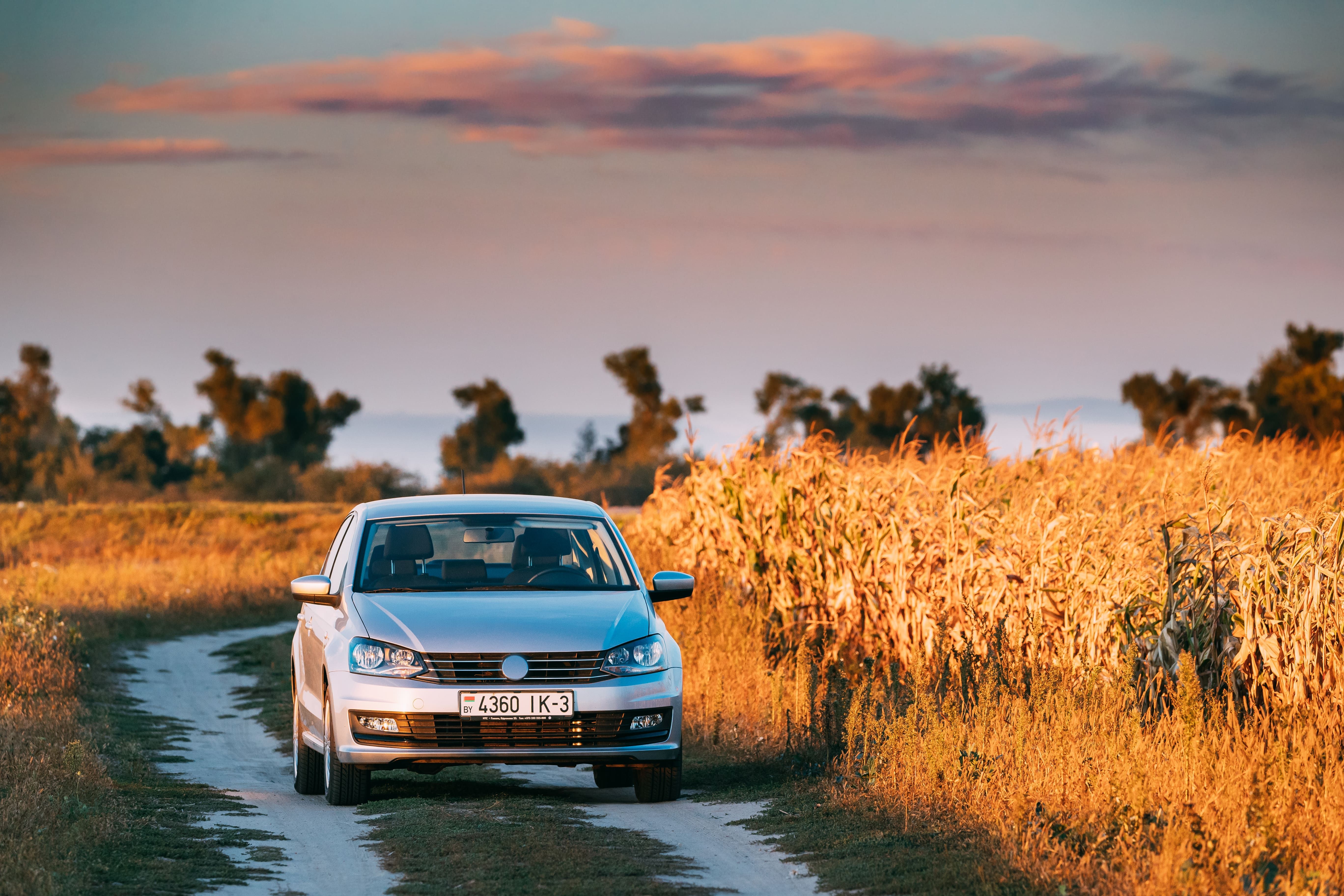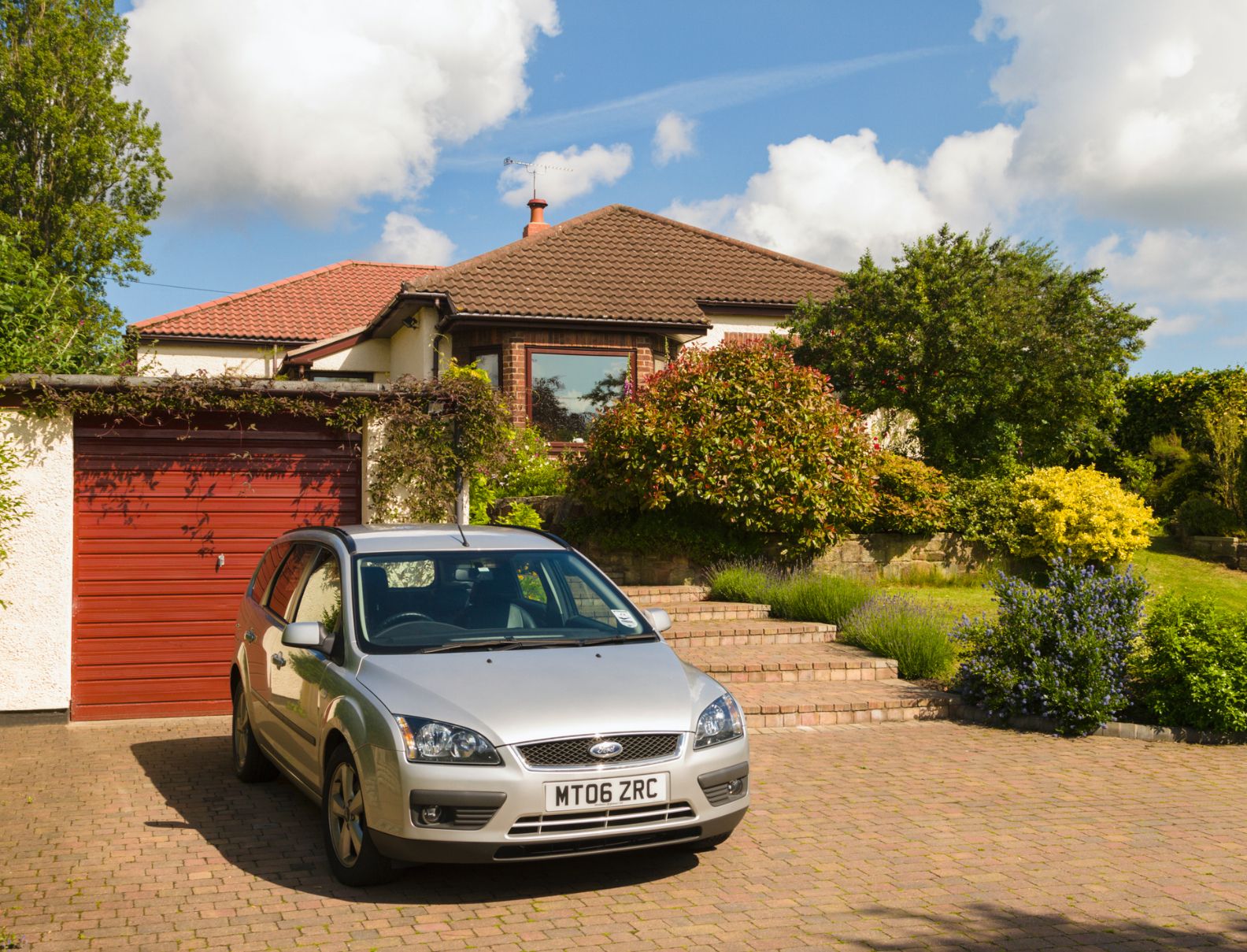Secure Your Car With The Super Car Insurance Plan!
Believe it or Not! Save upto* 75% on TATA AIG Car Insurance
Secure Your Car With The Super Car Insurance Plan!
Believe it or Not! Save upto* 75% on TATA AIG Car Insurance
How Much To Spend When Buying A Car In India
- Author :
- TATA AIG Team
- ●
- Last Updated On :
- 09/05/2023
Apart from purchasing a house, buying a car is another important purchase. However, since it is a depreciating asset, deciding how much you should spend on it is essential.
The main reason most people opt to buy cars in the first place is to avoid public transport systems and get to their destination more comfortably. But apart from that, a car also symbolises one’s social and financial status.
Purchasing a car also comes with additional costs that you need to consider, such as getting four-wheeler insurance to protect the car against damages. In India, a third-party car insurance policy is mandatory for every car owner. But with a comprehensive car insurance policy, you can determine the premiums as per your budget.
What To Consider When Calculating Your Budget For A New Car
Here are some important rules to follow if you’re planning on buying a car:
1. The Rule Of Thumb
Never spend more than half your annual income on a new car. For example, if your annual income is ₹10 Lakhs, ideally, your budget should be around ₹5 Lakhs.
One thing to note here is always to consider the car’s on-road price. The final price includes different costs, such as road tax, registration charges, and insurance premiums. So it will be higher than the ex-showroom price - usually 15% - 20% higher.
If you’re taking a car loan, follow the rule of 20/4/10:
- So, you would take a down payment of 20% of the car’s price.
- Take a loan with a tenure that does not exceed four years.
- Keep your car’s payments to 10% of your monthly salary. This includes EMIs and car insurance expenses.
Longer loan terms mean higher interest rates. At an 11% interest rate, the 20/4/10 rule limits your car budget to 4 months of your annual salary. That’s lesser than you not taking a car loan.
The minute you drive your car out of the showroom, its price depreciates by 5%. That percentage drops to 45% of the buying price in five years. That’s less than half of the car’s buying price.
2. Avoid Negative Compounding
Just because you are eligible for a loan does not mean you can afford it. Stretching your car budget is equivalent to negative compounding. You must take care not to spend more than what is necessary. For example, a car loan of ₹25 lakhs does not mean you can buy a car worth ₹25 lakhs. The higher the loan amount, the more the interest rates you will pay.
3. New Vs. Old
It’s best to choose what you need rather than what you want. If you are experiencing budget constraints when deciding on a suitable car, consider buying a used car. They’re cheaper by 30% - 40% depending on their age and condition. However, you must take care to note their maintenance costs. It’s generally best to avoid cars older than five years.
4. Choose The Right Size
Choose the right car size based on functionality and the number of people in your household. Generally, a hatchback or a sedan is ideal for a family of four. MUVs (Multi Utility Vehicles) are the best choice for joint families.
The bigger the car, the more expensive they are. So it’s best to opt for smaller, more compact models if you don’t need a bigger car.
5. Consider On-Going Costs
A car comes with many additional costs. For example, you must consider car insurance premiums, maintenance fees, fuel costs, service/spare parts costs, etc. Initially, the ownership costs may not seem like much. Still, they can pile up and eat away at your savings if you miscalculate your budget.
Always make sure to check the technical specifications of the car before buying it. Features like automatic/manual transmission modes, petrol/diesel fuel types, etc., can help you gain more insight when planning your budget.
6. No Savings, No Car
Ensure that you’re saving more than your car EMIs. Your EMIs should only account for 10% of your savings. If not, it’s best to hold off on buying a new or second-hand car until your financial situation improves.
Here’s a general overview of what types of cars fit in specific income ranges:
How To Calculate Your Budget When Buying A Car In India
Here’s what you need to pay attention to when calculating your budget for a new car:
On-Road Price
Rather than the car’s ex-showroom price, it’s better to look at its on-road price. The on-road price gives you a more accurate number of how much the car is actually worth. It includes the car’s ex-showroom price, taxes, registration fees and other additional accessories that come with the car.
Monthly Payments
This is important if you have opted for a car loan. Your ownership expenses should include your monthly EMI payments - which depend on your down payment, interest rate, and loan tenure.
Down Payment
The down payment is another important aspect of your car loan. A down payment is an upfront cost when buying a car through a loan. Therefore, the more your down payment is, the lesser your EMI will be.
Exchange Value
If you own a car, consider exchanging it when buying a new one. It reduces the price of the newer car significantly if you can get a good resale value for your old car.
Total Debt
Check all your debts (if any) before going for a car loan. Taking another loan will only add to your financial strain if you have too many loans. If this is the case, consider putting off buying a new vehicle until you’ve cleared all current debts.
**Affordability Calculators **
If you find it challenging to calculate your budget, many tools are available online to help you. Tools like EMI calculators and car affordability calculators consider all your expenses and give you a better idea of whether you can afford this purchase.
Tata AIG’s car insurance calculator is a valuable tool that can help you determine your comprehensive car insurance premiums before you purchase car insurance. This can help you manage one important expense and opt for affordable premiums for adequate coverage.
Conclusion
Overall, how much money you will spend when buying a car in India will entirely depend on your financial health. Since purchasing a car is important, you may want first to evaluate all your other expenses to ensure that you get a good car for a suitable price. And unless it is very urgent, you can also postpone the purchase by a few months or a year.
Disclaimer / TnC
Your policy is subjected to terms and conditions & inclusions and exclusions mentioned in your policy wording. Please go through the documents carefully.


